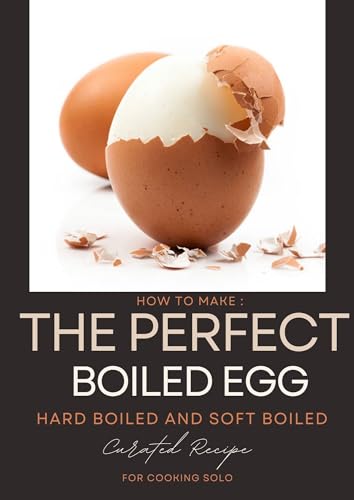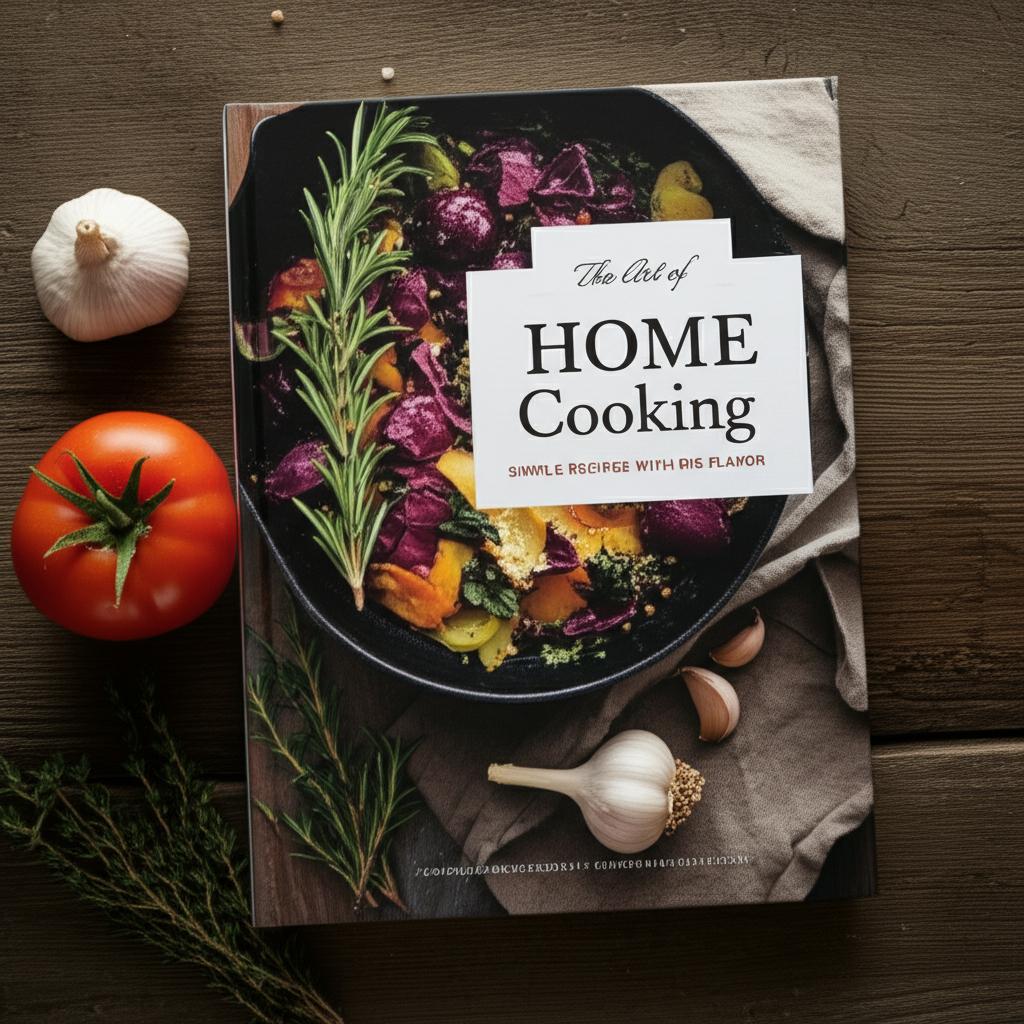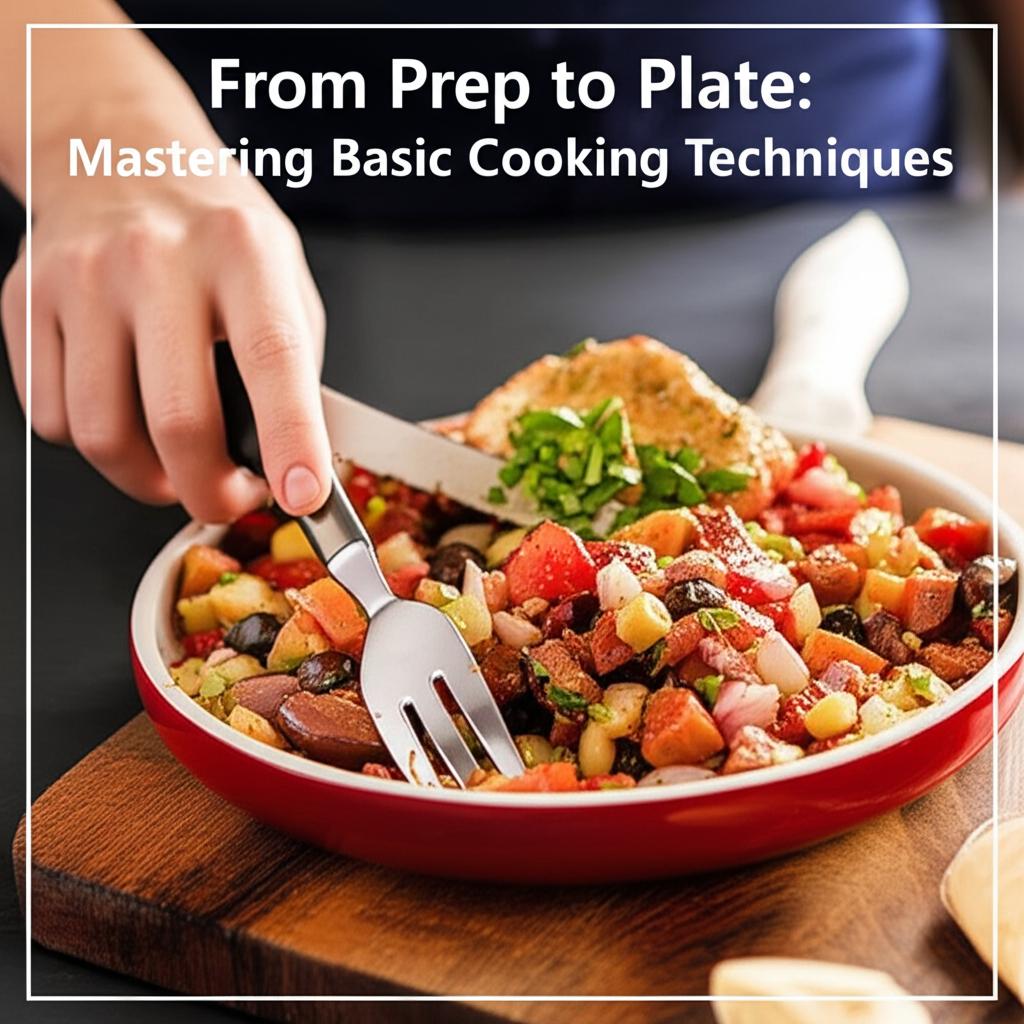Are you tired of cracked shells, rubbery whites, or runny yolks when you’re aiming for that ideal boiled egg? You’re definitely not alone! Mastering the art of boiling an egg might seem simple, but achieving consistent, perfect results every single time can feel like a culinary quest. Whether you’re dreaming of a jammy soft-boiled egg for toast or a firm, sliceable hard-boiled egg for a salad, a few key techniques can make all the difference.
In this guide, we’ll walk you through 7 essential tips for boiling perfect eggs every time, from choosing the right eggs to the crucial post-boil steps. Get ready to impress yourself and your taste buds!
Why Boiling Eggs Can Be Tricky
Boiling an egg is more nuanced than just dropping it in hot water. Factors like egg size, starting temperature, elevation, and even the age of the egg can impact the final outcome. But don’t fret! With a little precision and these handy tricks, you’ll be an egg-boiling pro in no time.
7 Essential Tips for Boiling Perfect Eggs Every Time
Here are our top tips to ensure your eggs turn out just the way you like them:
1. Start with Room Temperature Eggs
Using eggs straight from the fridge can lead to cracking when they hit hot water due to the sudden temperature change. Let your eggs sit out for 15-30 minutes before boiling. If you’re in a hurry, you can gently warm them under lukewarm tap water for a minute or two. This small step helps prevent those annoying shell fractures.
2. Choose the Right Pot and Water Level
Select a pot where your eggs can fit in a single layer without overcrowding. Too many eggs can cause uneven cooking. Cover the eggs with about an inch of cold water. Adding eggs to cold water and bringing it to a boil with the eggs helps ensure more even cooking and reduces the risk of cracking compared to dropping them into already boiling water.
3. Add a Pinch of Salt or Vinegar
A teaspoon of salt or a splash of white vinegar in the water can be a game-changer. While it won’t prevent cracks entirely, if an egg does crack, the salt or vinegar helps the white coagulate quickly, preventing too much from oozing out into the water. It also makes peeling a little easier!
4. Master the Timing for Desired Doneness
This is where the magic happens! Once the water comes to a rolling boil, immediately reduce the heat to a gentle simmer. Set your timer based on the desired doneness:
- Soft-Boiled (Runny Yolk): 3-5 minutes
- Medium-Boiled (Jammy Yolk): 6-7 minutes
- Hard-Boiled (Firm Yolk): 9-12 minutes
Remember, these are general guidelines. Adjust slightly based on egg size and your stovetop’s heat. You’ll quickly discover your sweet spot.
5. Don’t Overcrowd the Pot
While we mentioned this in Tip 2, it bears repeating. Overcrowding can lead to inconsistent cooking and even more cracks. If you’re cooking a large batch, do it in batches. This is crucial for boiling perfect eggs every time.
6. The Crucial Ice Bath
As soon as your timer goes off, use a slotted spoon to transfer the eggs directly into a bowl of ice water. This “ice bath” serves two vital purposes:
* Stops the Cooking: It immediately halts the cooking process, preventing overcooked, rubbery whites or green rings around the yolk.
* Aids Peeling: The rapid cooling causes the egg to contract, making the shell much easier to peel away without tearing the white. This is one of the most effective tips for boiling perfect eggs every time!
7. Peel Under Running Water (or Submerged)
Once the eggs are cool enough to handle (after about 5-10 minutes in the ice bath), it’s peeling time! Gently tap the wider end of the egg on a hard surface to crack it, then roll it to crack the rest of the shell. Peel under cold running water or while submerged in water. The water helps to get under the membrane, making the shell slip right off. For the easiest peel, opt for slightly older eggs (about a week old) rather than super fresh ones, as the membrane adheres less firmly.
Recommended Resources to Master Your Egg Game
Looking to deepen your understanding of the fundamentals or explore more egg-cellent recipes? These resources can help!
## 1. How To Boil Water

Before you can boil a perfect egg, you first need to master the art of boiling water itself! This foundational guide, “How To Boil Water,” might seem overly basic, but for aspiring home cooks, understanding the nuances of water temperature and its behavior is incredibly useful. It sets the stage for precise cooking, ensuring you’re starting your egg journey with the absolute right conditions. This particular edition, being a used book in good condition, offers an affordable and sustainable way to gain essential kitchen knowledge that extends far beyond just eggs.
- Used Book in Good Condition: An affordable and environmentally friendly option.
- Foundational Knowledge: Covers the absolute basics of water heating and boiling points.
-
Universal Application: Principles apply to all cooking methods involving boiling.
-
Pros:
- Excellent for true beginners.
- Provides a solid understanding of a fundamental cooking process.
- Cost-effective, especially as a used item.
- Cons:
- Might be too basic for experienced cooks.
- Limited directly to egg boiling techniques.
- Content might be easily found online.
User Impressions: Readers appreciate its no-nonsense approach to a seemingly simple topic, often finding it surprisingly informative for truly mastering kitchen basics. Many remark on its clarity and usefulness for building confidence.
## 2. How to make the Perfect Boiled Eggs: How to cook…

This book is tailor-made for anyone who specifically wants to crack the code on achieving consistently perfect boiled eggs. It goes beyond just the basics, likely delving into the science behind the cook, different methods (cold start vs. hot start), and troubleshooting common issues like green yolks or stuck shells. If you’ve been struggling with your egg outcomes, this dedicated guide is designed to provide all the answers and practical steps you need to confidently produce a variety of doneness levels, from creamy soft-boiled to perfectly firm hard-boiled.
- Dedicated Focus: Exclusively covers techniques for boiling eggs.
- Step-by-Step Guidance: Provides clear instructions for various doneness levels.
- Troubleshooting Tips: Helps resolve common problems like cracked shells or difficult peeling.
-
Scientific Explanations: May include insights into why certain methods work best.
-
Pros:
- Highly specialized for egg boiling perfection.
- Likely offers detailed timings and methods.
- Great for achieving consistent results.
- Cons:
- Very niche, won’t cover other egg recipes.
- May reiterate information found in general cookbooks.
User Impressions: Users frequently praise this book for finally helping them achieve their desired egg consistency, calling it a “game-changer” for their breakfast and meal prep routines. They particularly appreciate the clear instructions and helpful tips.
## 3. The Egg Cookbook: The Creative Farm-to-Table Guide to…

Once you’ve mastered boiling perfect eggs every time, you might be ready to explore the vast culinary world of eggs beyond just boiling. “The Egg Cookbook” takes you on a creative journey, showcasing the incredible versatility of eggs from farm to table. This book isn’t just about cooking; it’s about appreciating the ingredient, offering a wide array of recipes from everyday breakfasts to sophisticated dishes. It’s perfect for those who want to expand their egg repertoire and discover new ways to enjoy this nutritious and versatile food.
- Diverse Recipes: Features a wide range of egg-based dishes beyond just boiled eggs.
- Farm-to-Table Focus: Emphasizes sourcing and appreciating fresh ingredients.
- Creative Inspiration: Encourages culinary experimentation with eggs.
-
Technique Guidance: Likely includes broader egg cooking techniques (scrambling, poaching, frying, etc.).
-
Pros:
- Expands culinary skills with eggs.
- Offers creative and inspiring recipe ideas.
- Great for anyone who loves cooking with eggs frequently.
- Cons:
- Less focused on just boiling techniques.
- Might be overwhelming for beginners just trying to master boiling.
User Impressions: Cooks rave about the variety and creativity of the recipes, often finding new favorite ways to prepare eggs. Many highlight the beautiful photography and the emphasis on fresh ingredients as a major plus.
Frequently Asked Questions (FAQ)
Q1: How do I prevent my eggs from cracking during boiling?
A1: Start with room-temperature eggs, place them in cold water before heating, and consider adding a pinch of salt or a splash of vinegar to the water. Avoid overcrowding the pot.
Q2: What causes the green ring around the yolk of a hard-boiled egg?
A2: A green or grayish ring around the yolk indicates overcooking. It’s caused by a reaction between sulfur in the egg white and iron in the yolk, forming ferrous sulfide. To avoid this, don’t overcook your eggs and plunge them into an ice bath immediately after cooking.
Q3: How long do hard-boiled eggs last in the refrigerator?
A3: Hard-boiled eggs, when properly refrigerated (still in their shells), can last for up to one week. Once peeled, they should be eaten within a few days for the best quality.
Q4: Are older eggs easier to peel than fresh ones?
A4: Yes! Older eggs (about a week old) are generally much easier to peel than very fresh ones. As an egg ages, its pH level increases, and the membrane inside the shell separates more easily from the albumen (egg white).
Q5: Can I boil eggs in an Instant Pot or air fryer?
A5: Yes, you can! Many people use Instant Pots for “steamed” eggs, which often results in easy-to-peel hard-boiled eggs. Air fryers can also cook eggs, though the texture can be slightly different from traditional boiling. Specific timing and water requirements will vary by appliance.
Q6: What’s the best way to store boiled eggs?
A6: Store hard-boiled eggs unpeeled in an airtight container in the refrigerator. Peeling them just before use helps maintain their freshness and prevents them from drying out.
Q7: Is it better to start eggs in cold or boiling water?
A7: Many experts (and these tips!) recommend starting eggs in cold water and bringing them to a boil with the water. This helps prevent cracking and promotes more even cooking, especially for hard-boiled eggs. Dropping eggs into already boiling water can sometimes cause immediate cracking and more forceful cooking.
By following these tips for boiling perfect eggs every time and utilizing the right resources, you’ll be well on your way to enjoying beautifully cooked eggs, exactly to your preference! Happy boiling!



